Bosnian Serb general says British counterpart was "biased"
The trial of seven former Bosnian Serbs charged with war crimes in Srebrenica continued at the Hague.
Saturday, 10.11.2007.
19:26

The trial of seven former Bosnian Serbs charged with war crimes in Srebrenica continued at the Hague. Milan Gvero’s defense accused General Rupert Smith, who commanded the UN troops, or UNPROFOR in Bosnia in 1995, of being pro-Muslim. Bosnian Serb general says British counterpart was "biased" The defense of Gvero, Mladic’s former assistant for morale in the Bosnian Serb Army (VRS) General Staff, cross-examined Smith Friday at the Hague Tribunal, in an effort to prove that the British general was pro-Muslim, acting against the Bosnian Serbs. David Josse, Gvero’s British defense counsel, pointed at several documents and passages from The Art of War in the Modern World, a book Smith wrote. According to the defense, they demonstrate that the general was in regular contact with the Bosniak military and political leaders, while his meeting with the Bosnian Serb representatives were irregular, to say the least. The British general confirmed this, explaining that the Bosnian Serbs were to blame. "We often asked to meet with the Bosnian Serbs, but our requests were turned down," Smith told the court. According to his assessment, military and political leaders of Republic of Srpska could have met UNPROFOR representatives more often, had they wanted to do so. But Gvero’s defense counsel implied that the British general had taken a "too personal" stand in some situations, especially towards Mladic. An example of this was Smith’s refusal to communicate in any possible way with Mladic in June 1995. His superior, French General Janvier, had to do it instead. Smith did not deny his decision was personal. But, he explained, the decision came because Mladic’s troops held UNPROFOR troops as hostages. "I didn’t want to weaken my position by talking to someone who held my men hostage," Smith said. He was not opposed to contacts with Bosnian Serbs, but thought that it was "not his job to do it." Finally, Josse reminded the court that General Smith was on vacation on the Croatina island of Korcula when Mladic’s troops attacked Srebrenica. He cut his holiday short to attend a meeting in Geneva, but instead of heading back to his HQ in Sarajevo, he returned to Korcula. Josse put it to the British general that he himself had decided to continue his vacation, and that he had not been instructed to do so by his superiors, as he said in his evidence. The defense counsel accused the British general of trying to lay the blame on his superiors for this "important and wrong decision." Admitting that the final decision had been his, Smith did not agree with the defense about shifting the blame. "I can’t see what anyone could be blamed for," he concluded. The trial, known as the Srebrenica Seven, continues on Monday, November 19.
Bosnian Serb general says British counterpart was "biased"
The defense of Gvero, Mladić’s former assistant for morale in the Bosnian Serb Army (VRS) General Staff, cross-examined Smith Friday at the Hague Tribunal, in an effort to prove that the British general was pro-Muslim, acting against the Bosnian Serbs.David Josse, Gvero’s British defense counsel, pointed at several documents and passages from The Art of War in the Modern World, a book Smith wrote.
According to the defense, they demonstrate that the general was in regular contact with the Bosniak military and political leaders, while his meeting with the Bosnian Serb representatives were irregular, to say the least.
The British general confirmed this, explaining that the Bosnian Serbs were to blame.
"We often asked to meet with the Bosnian Serbs, but our requests were turned down," Smith told the court.
According to his assessment, military and political leaders of Republic of Srpska could have met UNPROFOR representatives more often, had they wanted to do so.
But Gvero’s defense counsel implied that the British general had taken a "too personal" stand in some situations, especially towards Mladić.
An example of this was Smith’s refusal to communicate in any possible way with Mladić in June 1995. His superior, French General Janvier, had to do it instead.
Smith did not deny his decision was personal. But, he explained, the decision came because Mladić’s troops held UNPROFOR troops as hostages.
"I didn’t want to weaken my position by talking to someone who held my men hostage," Smith said. He was not opposed to contacts with Bosnian Serbs, but thought that it was "not his job to do it."
Finally, Josse reminded the court that General Smith was on vacation on the Croatina island of Korčula when Mladic’s troops attacked Srebrenica.
He cut his holiday short to attend a meeting in Geneva, but instead of heading back to his HQ in Sarajevo, he returned to Korčula.
Josse put it to the British general that he himself had decided to continue his vacation, and that he had not been instructed to do so by his superiors, as he said in his evidence.
The defense counsel accused the British general of trying to lay the blame on his superiors for this "important and wrong decision."
Admitting that the final decision had been his, Smith did not agree with the defense about shifting the blame.
"I can’t see what anyone could be blamed for," he concluded.
The trial, known as the Srebrenica Seven, continues on Monday, November 19.










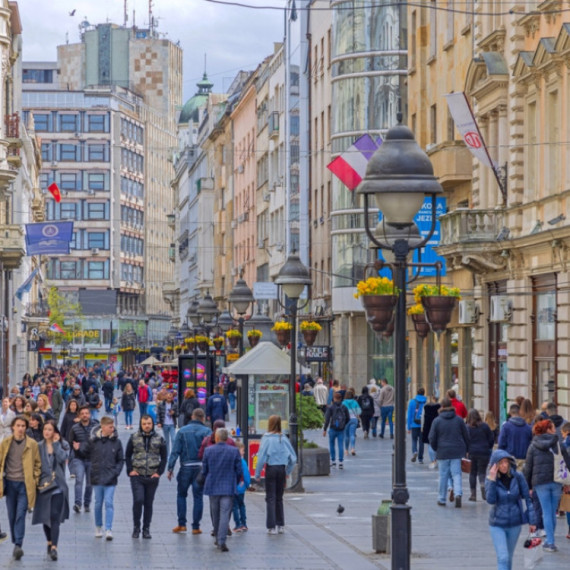

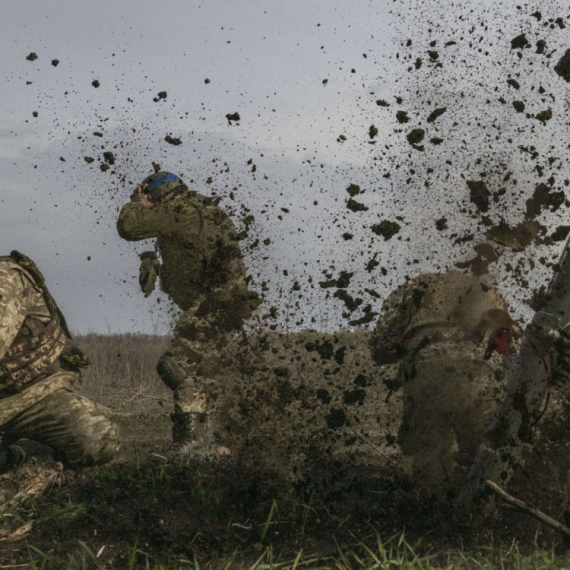
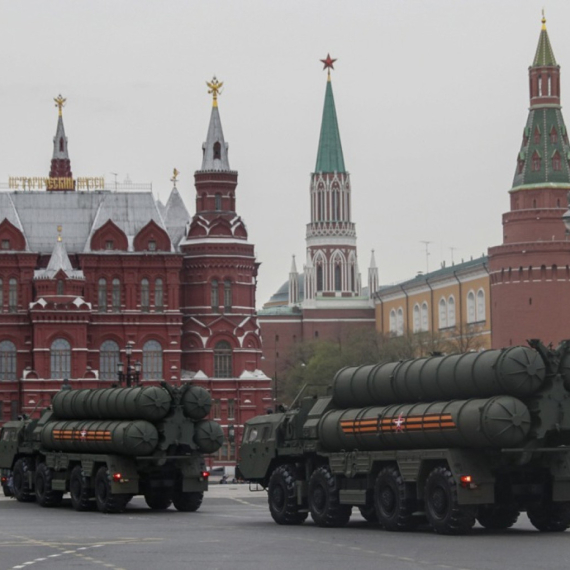

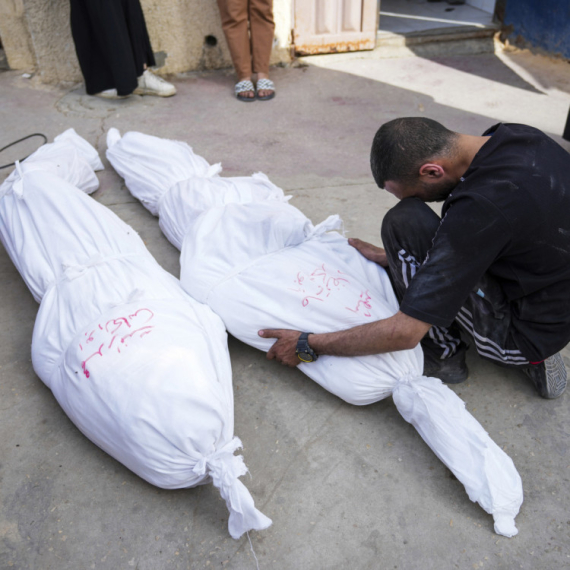
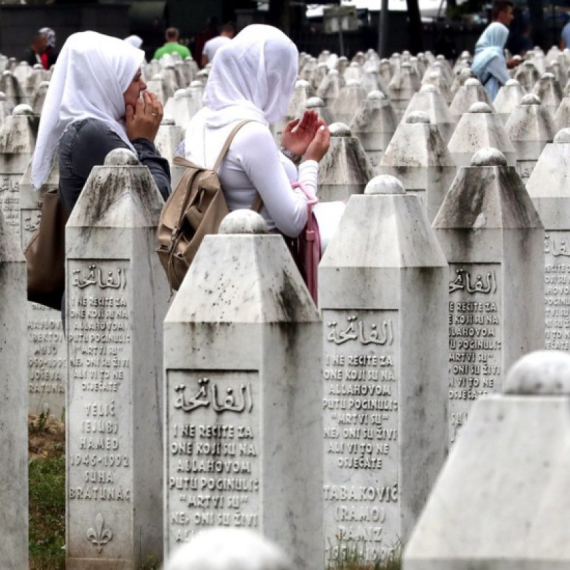
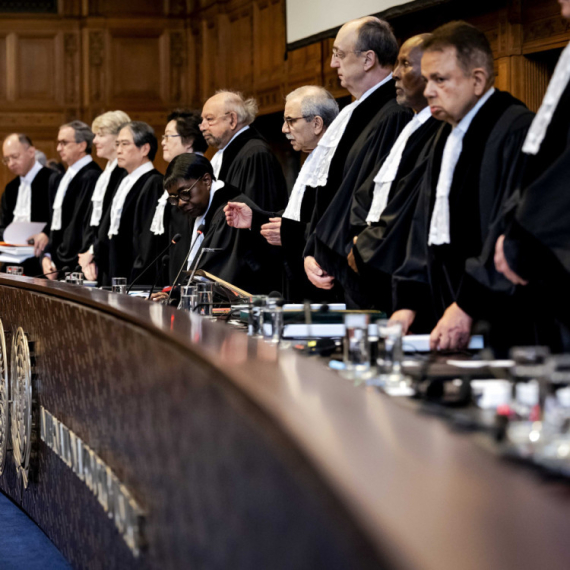

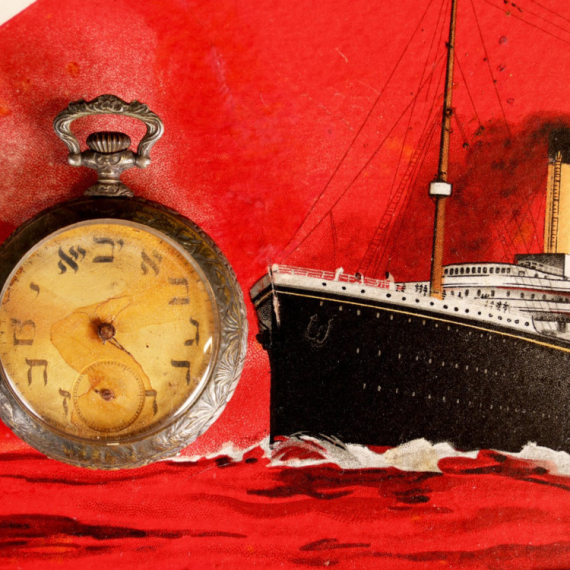

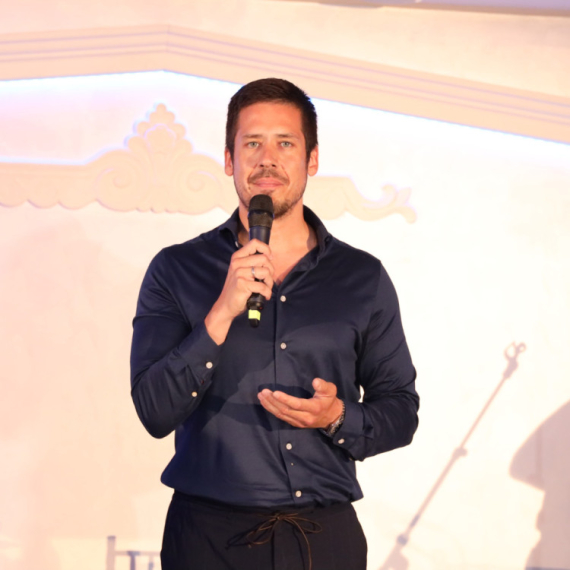
































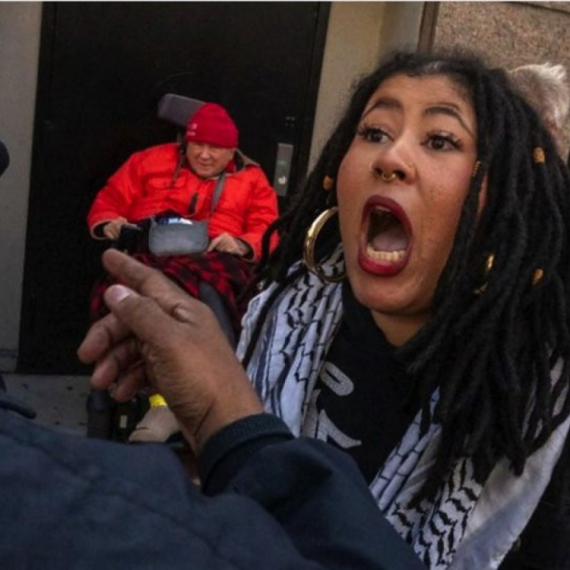
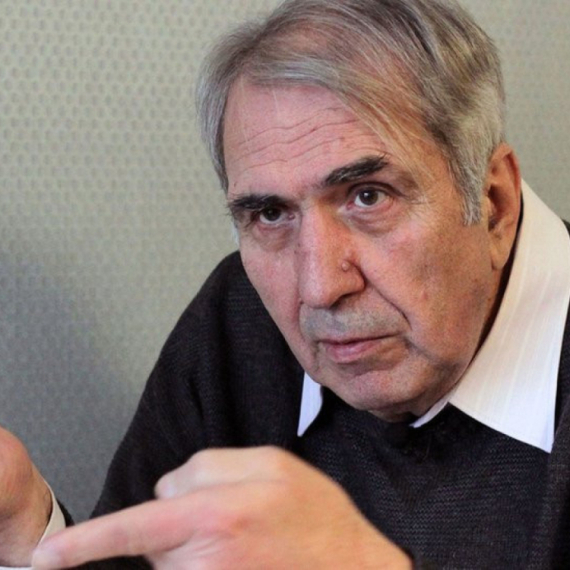
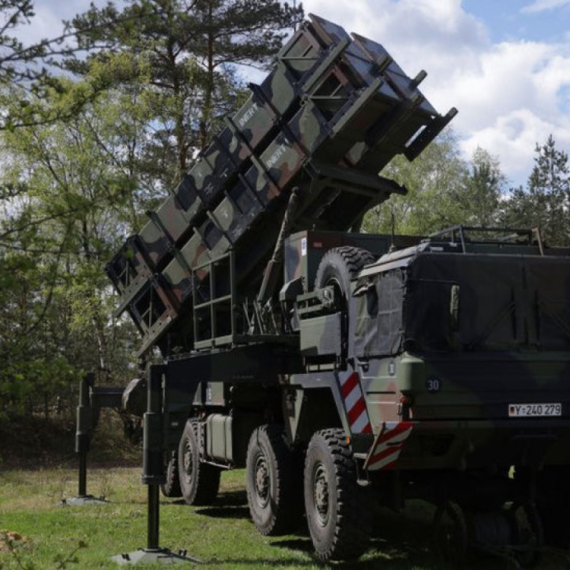

Komentari 7
Pogledaj komentare